Recent Advances in Brain Tumour
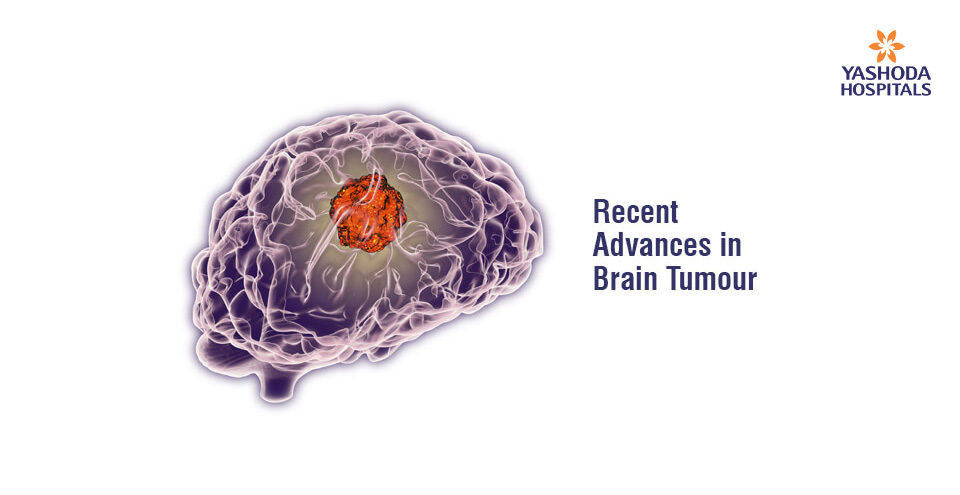
For brain tumours, various methods are being investigated, such as the use of dendritic cells or vaccines targeting a specific molecule on the surface of tumour cells
The occurrence of brain tumours in India is gradually increasing, with more cases of brain tumours being recorded each year among people of various ages. A brain tumour is a serious medical condition that can be fatal if not detected and treated early.
A brain tumour is a mass or growth of abnormal brain cells.Some brain tumours are noncancerous (benign), while others are cancerous (malignant). Brain tumours can start in your brain (primary brain tumours) or spread from other parts of your body to your brain (metastatic brain tumours).
Symptoms of brain tumour
The signs and symptoms of a brain tumour vary greatly depending on the size, location, and rate of growth of the tumour. Brain tumours can cause the following general signs and symptoms:
- New onset or shift in headache pattern
- Headaches that become more frequent and severe over time
- Unknown cause of nausea or vomiting
- Vision issues such as blurred vision, double vision, or peripheral vision loss
- Gradual sensation or movement loss in an arm or leg
- Problems with balance
- Difficulties with speech
- Tiredness Confusion in everyday matters
- Making decisions is difficult.
- Inability to follow simple instructions
- Changes in personality or behaviour
- Seizures, especially in someone with no history of seizures
- Hearing issues
If you have persistent signs and symptoms that cause you concern, consult with the doctor immediately.
Do you typically have a bad or persistent headache that gets worse or more intense in the morning?
Might be a sign of Brain Tumour.
Advancements in the treatment of Brain Tumour
The treatment options available are determined by the type, size, and location of the brain tumour. Doctors are working to learn more about brain tumors, including how to prevent them, treat them effectively, and care for people who have been diagnosed with one. Through various clinical trials, the following areas have seen new options in terms of diagnostic and treatment for patients:
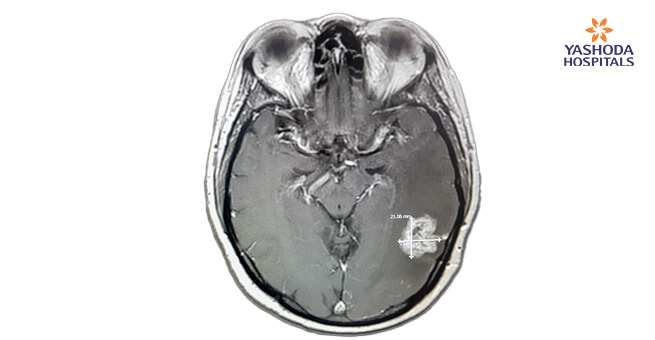
Enhanced Imaging Tests: New imaging scan techniques may help doctors better track how well treatment is working and keep an eye out for tumor recurrence or growth.
Biomarkers: Researchers are investigating biomarker tests that may aid in the diagnosis of a brain tumor, estimating a patient’s prognosis, or predicting whether a specific treatment will be effective. A biomarker is a substance that can be found in blood, urine, or body tissue. Biomarker tests provide the doctor with additional information about cancer.
Immunotherapy: Immunotherapy, known as biological response modifier (BRM) therapy, is designed to boost the natural defenses of the body to fight tumors. It uses materials either made by the body or in a laboratory to improve, target, or restore immune system function.
For brain tumours, various methods are being investigated, such as the use of dendritic cells or vaccines targeting a specific molecule on the surface of tumour cells.
Oncolytic virus therapy: This treatment employs a virus that infects and destroys tumour cells while leaving healthy brain cells alone. It is currently being studied as a potential treatment for brain tumours.
Targeted therapy: This type of treatment targets faulty genes or proteins that promote tumour growth and development. Different therapies for brain tumours are being investigated in order to target the various ways a tumour grows, spreads, and can be destroyed.
Disruption of the blood-brain barrier: This technique temporarily disables the brain’s natural protective barrier, allowing chemotherapy to enter the brain more easily from the bloodstream.
New drugs and drug combinations: Researchers are considering using drugs currently used to treat other types of cancer as a treatment for a brain tumour. Because tumours can develop resistance to chemotherapy, which means the treatment no longer works, another approach is to use a treatment that targets the mechanism by which tumour cells develop resistance.
Gene therapy: This treatment aims to replace or repair abnormal genes that are either causing or assisting tumour growth.
Genetic research: Researchers want to learn more about specific gene mutations and how they relate to the risk and progression of brain tumours. The National Institutes of Health in the United States is working to learn more about the genetic link to glioma. Recent findings include the identification of three previously unknown genetic mutations associated with glioblastoma: NF1, ERBB2, and PIK3R1. Other studies are looking into how the MGMT gene and IDH gene mutations are linked to brain tumours. This information will be useful to researchers and may lead to advancements in the diagnosis and treatment of glioma.
Palliative care/supportive care: Palliative/supportive care Clinical trials are currently underway to find better ways to reduce symptoms and side effects of current brain tumour treatments in order to improve patients’ comfort and quality of life.
One difficulty in treating these aggressive tumours has been the inability of drugs to cross the blood-brain barrier. Because of toxicity, the use of treatments that can cross the barrier, such as chemotherapy and radiation therapy, is frequently limited. Because of the tumor’s location, other standard treatments, such as surgery, are not even an option for some patients.
Currently, the most difficult challenge in the field of malignant brain tumours is achieving effective treatment with minimal side effects. More effective treatments are being developed by researchers. Hopefully, clinical trials and advanced approaches to treating brain tumours will be available in the coming years.
About Author –
Dr. Bharath Kumar Surisetti, Consultant Neurologist , Yashoda Hospital, Hyderabad
MBBS, MD (Pediatrics), DM (Neurology), Post Doctoral Fellow (Movement Disorders)





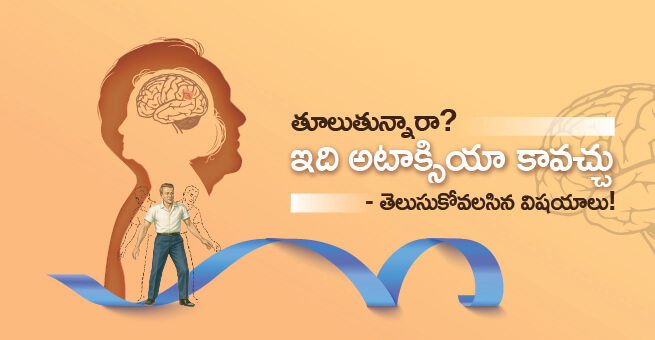
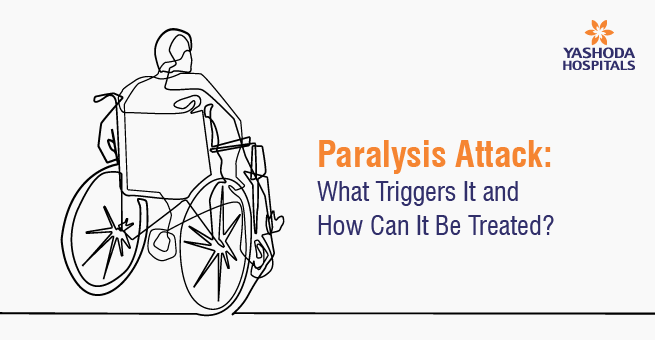


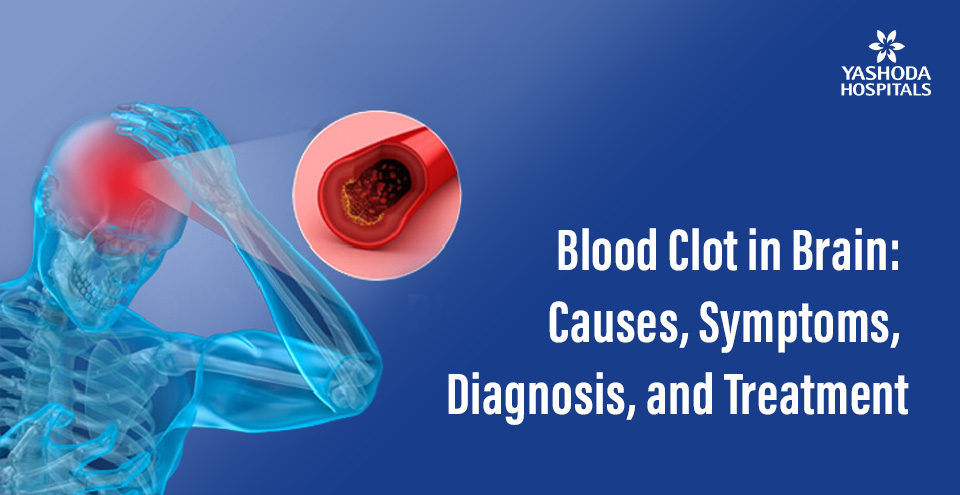
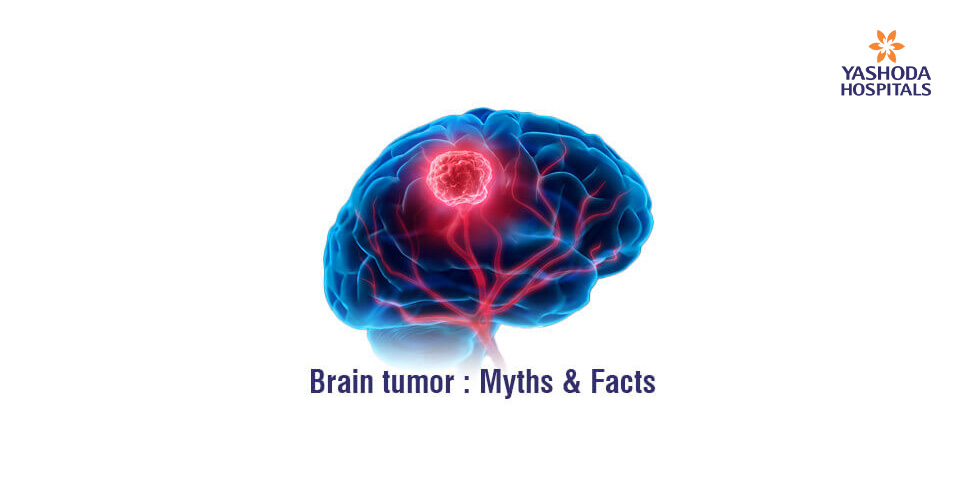
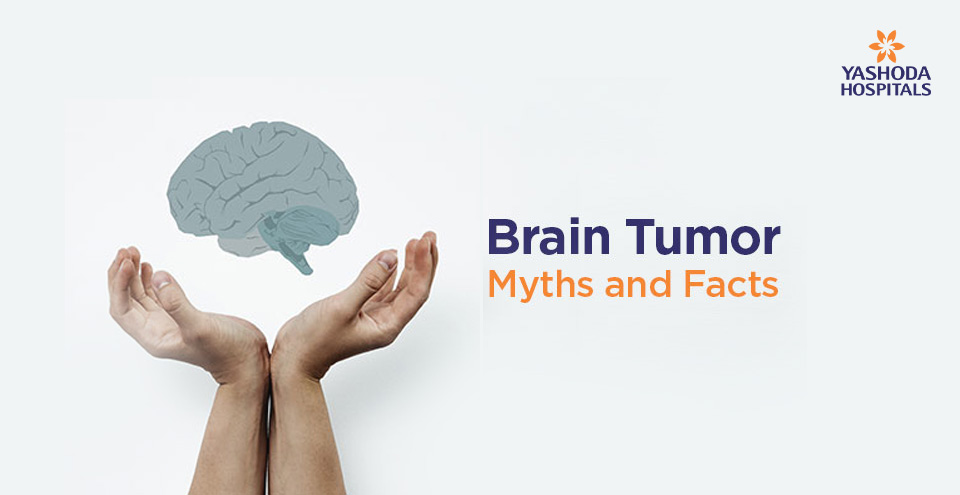
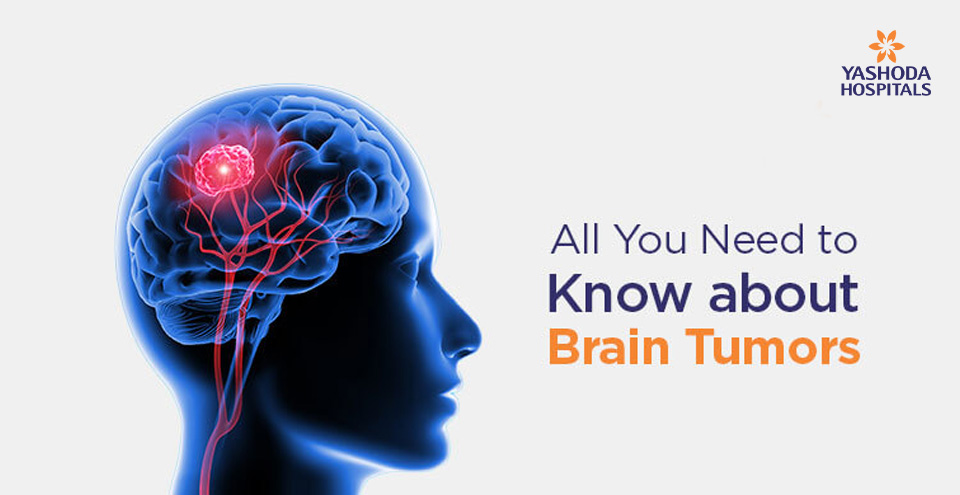
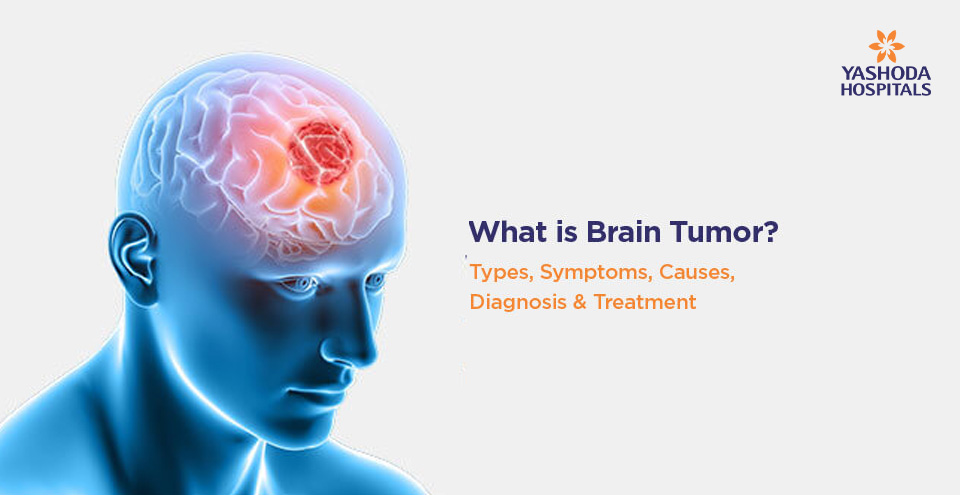
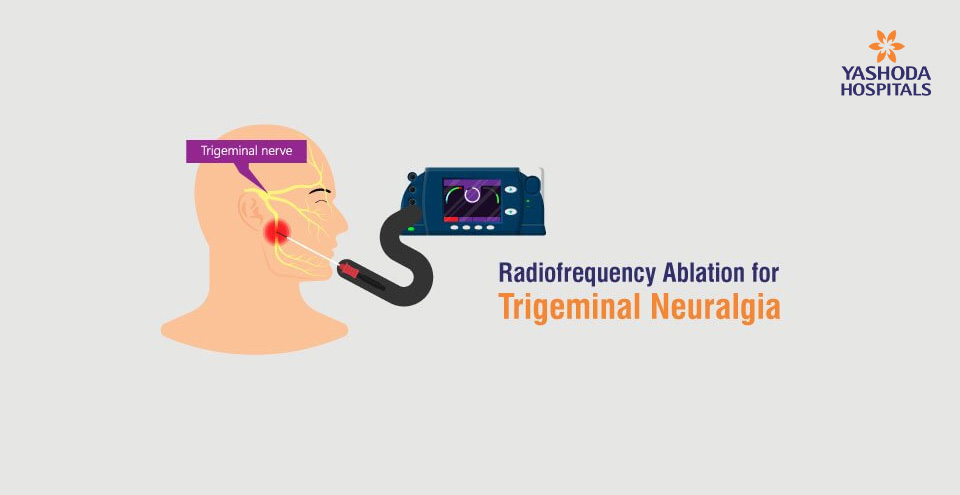




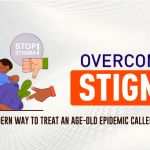
 Appointment
Appointment WhatsApp
WhatsApp Call
Call More
More